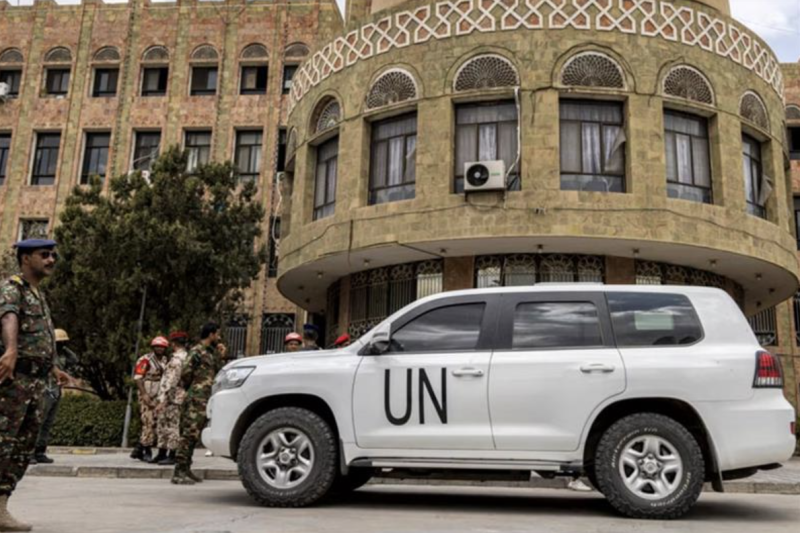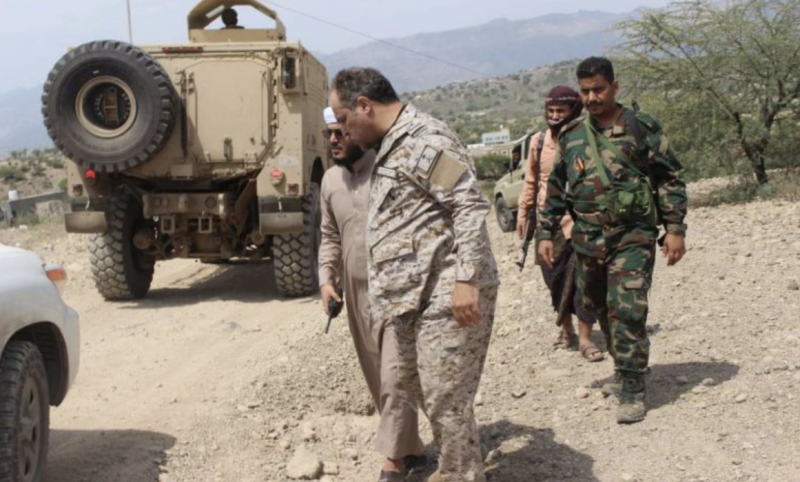UN operation to remove oil from decaying Yemeni tanker


UN operation to remove oil from the FSO Safer, a rusting tanker moored off the coast of Yemen in the Red Sea, has successfully removed much of the oil on board, according to reports.
The 350m-long floating storage/production (FSO) Safer has been stationed approximately 5 nautical miles off the Yemeni coast since 1986, when it was converted from a crude oil carrier into its current function as a stationary storage and production vessel.
The ship has not been maintained, however, since at least 2015, following the outbreak of civil war between the Yemeni government and Houthi rebels in 2014. The Safer is reported to have been storing more than 1 million barrels of oil which, if spilled as the tanker rusted, would have deposited more than four times the amount of oil into the Red Sea than the Exxon Valdez disaster of 1989.
Operations began in June with a survey conducted by salvage and support vessel Ndeavor, operated by marine salvage company SMIT, a subsidiary of Dutch dredging and heavylift company, Boskalis. After making the Safer secure for the transfer, oil began pumping to the replacement tanker, Nautica, on 25 July.
As of 3 July, more than half of the oil has been removed, although the UN warns that even if the operation is successful, residual oil and chemicals left in the rusting hulk of the Safer would still present a ‘significant ecological threat’.
‘With the UN in the lead the world has pulled together to avoid a nightmare scenario that has been talked about for the last eight years,’ said David Gressly, UN humanitarian coordinator in Yemen, who has led the oil removal project. ‘More than half the oil aboard the decaying FSO Safer has been transferred to the replacement vessel Yemen in the past seven days.’
‘This is a proud moment for the United Nations and for the UN Development Programme as the implementing partner for the emergency phase of the project to remove the oil,’ said UN Development Programme Administrator Achim Steiner. ‘It is also a clear sign of what multilateral cooperation can achieve, and a prime example of the importance of prevention. Aside from a possible humanitarian and environmental catastrophe, funds spent now will prevent a disaster that could cost billions in the future.’

Sana’a – The United Nations has strongly condemned the detention of ten additional UN staff members by Houthi forces on December 18, de…

Marib -- Yemen’s Shield of the Nation Forces announced that they successfully thwarted an attempt to plant improvised explosive devices (IEDs…

Aden -- United Nations Secretary-General Antonio Guterres on Friday condemned the Houthi detention of another 10 UN personnel in Yemen, taking the…